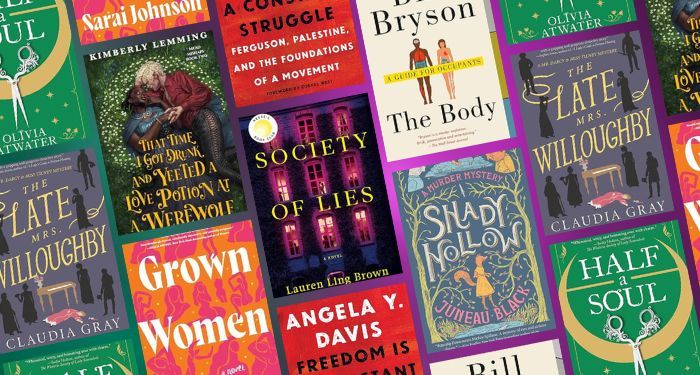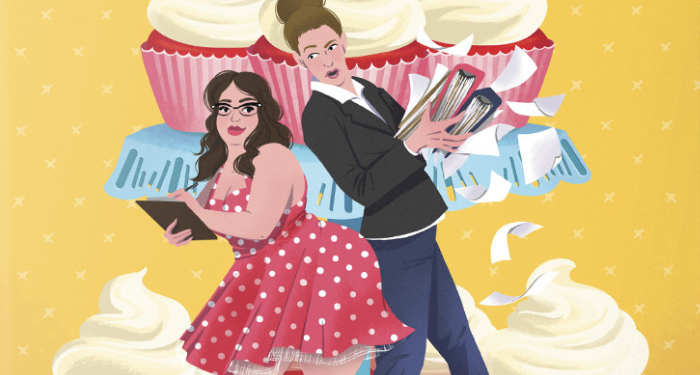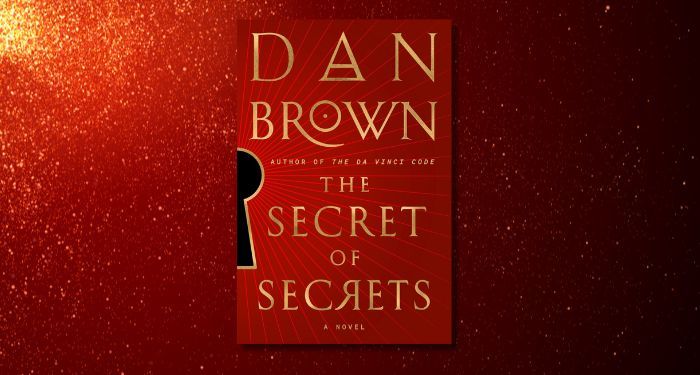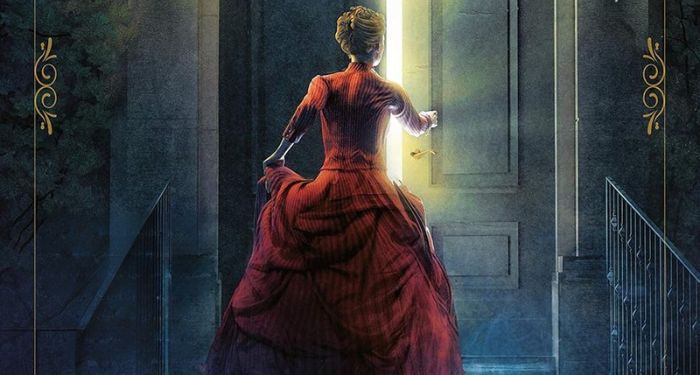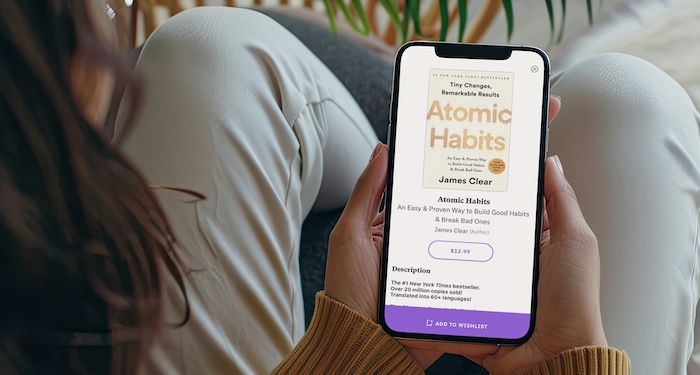Read an Excerpt of THAT LIBRARIAN By Amanda Jones
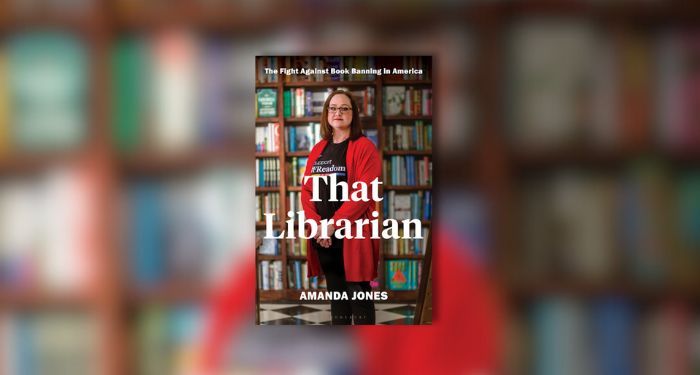
Early in the summer of 2022, I had spoken to several friends of mine who worked at our public library. There was rumor afoot that a library board member had been making comments about LGBTQIA+ books and was questioning the purchase of certain books. These librarians all had an impending sense of doom that there would be a move to censor books with LGBTQIA+ characters.
When I saw the post on Facebook, I got curious and pulled up the agenda of the Library Board of Control meeting. I saw that book content and signage were listed on the meeting agenda. From following censorship news and efforts across the United States, and particularly censorship in nearby Lafayette Parish, I knew that talks about “book content” almost always targeted LGBTQIA+ stories. The mention of signage sounded eerily similar to the display controversy in Lafayette Parish, which was created by Citizens for a New Louisiana.
I messaged my friends at our public library to ask what was going on. They were all very concerned about what this agenda item could mean. One said that she thought the signage agenda item could have been related to book displays for Pride Month. One said that he had received emails from the particular board member and feared censorship was coming, but he wouldn’t go into detail about why he felt this way. He was afraid that if he spoke about it, he could lose his job.
My biggest concern after those discussions was that there would be a discussion at the meeting about censoring books with LGBTQIA+ and sexual health resources. I was also upset at the thought that someone would want to censor books by LGBTQIA+ authors or protagonists, especially by a group that wasn’t even from our parish.
I called and messaged several of my friends, including school librarians, and told them I thought we should all be at the meeting as a show of support for our library system and our public librarian colleagues. I messaged friends in the LGBTQIA+ community and told them my fears and asked them to show up. I pressed on them the importance of being there for that meeting, even if they didn’t speak. Libraries are for everyone, but our community often makes it clear that the LGBTQIA+ community is not welcome. I wanted to go and speak about the harmful effects that censoring these books can have on our LGBTQIA+ students. I have taught Queer students who have been mocked in our community. They are name-called, treated as unequal, and often shunned. I have taught Queer kids who grew up and took their own lives due to the loneliness of ostracization and have watched dozens of our younger citizens move away from our parish to more inclusive environments because they are sick of their ill-treatment. I’ll be damned if I’m going to stand in silence while we lose another kid because of something our community has done to make them feel less.
It took less than an hour to write my speech. I was so mad that I was banging on my computer’s keyboard. My original version was very strongly worded. I think I used words like fascist and authoritarian regime. I waited an hour and decided to give it another look. After getting out a first draft, I ditched any language that I thought sounded inflammatory. I added the statement, “I hope that what I am about to say is not needed, and that my fear that a member of the board is trying to censor books and signage is unfounded.” I wanted to show that I hoped I had been misinformed about what was happening. I also added a reminder that our parish is composed of citizens from all walks of life.
Driving to the meeting, I was very nervous. I had given countless presentations and talks to roomfuls of librarians and educators, but I had never spoken at a public meeting. Speaking to a room full of people, whose mindsets on libraries you’re unsure of, can be very intimidating. I didn’t know what would happen or who would be there. The fear of the unknown had my hands a little shaky on the drive. I wondered if there would be protestors and yelling. I was definitely on edge. I was hoping to see people I knew and was afraid that nobody would show up except people wanting to censor books.
I pulled up to the library about an hour before the meeting and parked right in front. I stepped through the doors and took a left into the meeting room, nervously wondering where to sit. I saw the library director, and asked him if I had to sign up to speak. He gave me a rundown of how the meeting would go and what to do when it was time to speak.
I didn’t know any of the library board members, except one, who had been the librarian at my school before me. We are not friends, and I hadn’t seen her in the years since she left our school. I knew that she had a library science degree, but I wasn’t sure who anyone else on the board was or their thoughts on censorship. I wondered what her thoughts were or if she even knew why there were so many people at the meeting. I wondered if any of them knew. They all seemed quite taken aback by the crowded room, and one of the board members kept looking around in wonderment.
The board member who had listed the item on the agenda started off by saying she wanted to talk about book content. She had a few handouts she gave the other board members and apologized for not having enough copies to go around the room. She said that she was concerned about some of the books in the library and started flipping through her packet.
She stated, “I’m concerned about the content in regard to children and young adult section. I have found it to be inappropriate and I need the board to look at it. You probably have no idea where I’m coming from, so for us to have this discussion, I wrote some books down so that you can go home and look at it. There’s more. There’s just so many I don’t know how to track it or address it. It is very tedious and complex.” That’s the basic gist of what she said. I could tell she seemed ill-prepared for the number of people who showed up and was nervous. She never really articulated what her concern was, just that there was a concern to be had.
The floor opened for public comment on the agenda, and I was the very first person to speak. I reminded the board that the citizens of our parish consist of taxpayers who are white, Black, brown, gay, straight, Christian, non-Christian—people from all backgrounds and walks of life, and no one portion of the community should dictate what the rest of the citizens have access to. Just because a select few don’t want to read it or see it, it doesn’t give anyone else the right to deny others or demand its relocation. If we remove or relocate books with LBGTQ or sexual health content, what message is that sending to our community members?
I said what I went to say. I told them I was a forty-four-year resident, a mother of a child in our school system, and a library card holder since 1983. I reminded them that our public library was one of our parish’s biggest assets—something we can be proud of—and reminded them that regardless of their own beliefs on the topic of book content and location, to think about this: no one on the right side of history has ever been on the side of censorship and hiding books. I said, “Hate and fear disguised as moral outrage have no place in Livingston Parish.”
My voice cracked as I talked, my mouth grew extremely dry, and my hands shook the paper I was holding. I rested my hands on the podium so nobody would notice. I felt all the eyes weighing me down and couldn’t wait for it to be over. I glanced up, and one of the board members nodded at me reassuringly. I kept talking. As I was speaking, I heard a female voice from the group sitting with the Citizens for a New Louisiana say, “This isn’t even about censorship.” I finally finished and had never been so glad to be finished with something in my life. I shakily returned to my seat with a sigh of relief.
I said nothing earth shattering. I spoke from the heart and said what I needed to say about censorship in general. I tried to be fair to the board member who had placed book content on the agenda. I didn’t know her and wanted to give her the benefit of the doubt.
I wasn’t the only person who spoke. Honestly, the testimonies were amazing. Our community was heartfelt, and the words were raw honesty. People spoke against censorship, spoke about the importance of books on sexual reproduction from the perspective of being sexual assault victims, and members of the LGBTQIA+ community talked of feeling safe and included at the library. Several brave women even spoke about their sexual assaults and why sexual health books were important.
I was so proud of my community for showing up, speaking, and shutting down the censors. Book censors will often say there are books containing pornographic, or sexually explicit, material in children’s sections of the library to rile up public fear. They decry the need to protect children from the evil smut they say is next to Dr. Seuss books. Libraries have collection development policies for ordering books, and appropriate books are placed in the appropriate section. Public libraries do not purchase pornography. Adult books are not in the library’s children section, and to suggest otherwise is ridiculous.
When the meeting was over, we all kind of looked at each other with hesitant smiles. There wasn’t another library board meeting for two months, so we assumed we kept off the censors and that was that. Right? People were rehashing some of the comments. Others were hugging, noticing friends in the room for the first time. The crowd started slowly dispersing.
In my opinion, the censors really just wanted to target books with Queer and BIPOC authors and characters. But some of these people were also about using the library as a pawn to stir up drama for monetary or political reasons. It’s been no secret that a small portion of our residents, and even a Livingston Parish council member, would like to take tax money from the library and use it for our parish’s drainage issue.
A few days after the meeting, when I saw the onslaught of negativity and falsehoods being told not only about me but about the library, it seemed that apparently some people in my town were indeed born yesterday. Or at least, a very loud vocal minority were. While the people in the library board meeting that night had been library lovers, readers, and allies, others in the community it seems, were not. They fell for the lies hook, line, and sinker.
But the people that night at the small-town library board meeting, the ones who showed up to defend it, knew exactly what was going on.
From That Librarian: The Fight Against Book Banning in America by Amanda Jones. Copyright © 2024 by the author and reprinted by permission of Bloomsbury Publishing.

